Distinguished friends
 Khalid Abdalla
Khalid Abdalla Maria Adebowale-Schwarte
Maria Adebowale-Schwarte Sukhpal Singh Ahluwalia
Sukhpal Singh Ahluwalia Rajesh Agrawal
Rajesh Agrawal Riz Ahmed
Riz Ahmed Sughra Ahmed
Sughra Ahmed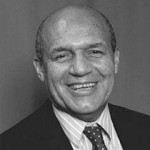 Keith Ajegbo
Keith Ajegbo Claire Alexander
Claire Alexander Kitty Arie
Kitty Arie Julian Baggini
Julian Baggini Zelda Baveystock
Zelda Baveystock Haidee Bell
Haidee Bell Richard Beswick
Richard Beswick Dinesh Bhugra
Dinesh Bhugra Karan Bilimoria
Karan Bilimoria Geoffrey Bindman
Geoffrey Bindman Karen Blackett
Karen Blackett Nicholas Blake
Nicholas Blake Ian Blatchford
Ian Blatchford David Blunkett
David Blunkett Hina Bokhari
Hina Bokhari Mihir Bose
Mihir Bose Alain de Botton
Alain de Botton John Bowers
John Bowers Stephen Briganti
Stephen Briganti Des Browne
Des Browne Mukti Jain Campion
Mukti Jain Campion Paul Canoville
Paul Canoville Gus Casely-Hayford
Gus Casely-Hayford Michael Cashman
Michael Cashman Saimo Chahal
Saimo Chahal Reeta Chakrabarti
Reeta Chakrabarti Shami Chakrabarti
Shami Chakrabarti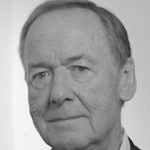 Stephen Claypole
Stephen Claypole Robin Cohen
Robin Cohen Linda Colley
Linda Colley David Crystal
David Crystal Angélica Dass
Angélica Dass Prakash Daswani
Prakash Daswani Sandie Dawe
Sandie Dawe Navnit Dholakia
Navnit Dholakia Sherry Dobbin
Sherry Dobbin Ibrahim Dogus
Ibrahim Dogus Lloyd Dorfman
Lloyd Dorfman Alf Dubs
Alf Dubs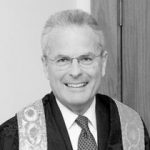 John Dyson
John Dyson Damien Egan
Damien Egan Graeme Farrow
Graeme Farrow Daniel Franklin
Daniel Franklin Edie Friedman
Edie Friedman Jitesh Gadhia
Jitesh Gadhia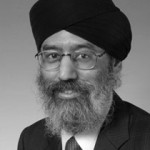 Manjit Singh Gill
Manjit Singh Gill Teresa Graham
Teresa Graham Ann Grant
Ann Grant Susie Harries
Susie Harries Naomie Harris
Naomie Harris James Hathaway
James Hathaway David Hencke
David Hencke Sophie Herxheimer
Sophie Herxheimer Afua Hirsch
Afua Hirsch Michael Howard
Michael Howard Clive Jacobs
Clive Jacobs Kevin Jennings
Kevin Jennings Adrian Johns
Adrian Johns Shobu Kapoor
Shobu Kapoor Malik Karim
Malik Karim Jackie Kay
Jackie Kay Ayub Khan-Din
Ayub Khan-Din Francesca Klug
Francesca Klug Tony Kushner
Tony Kushner Kwasi Kwarteng
Kwasi Kwarteng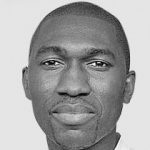 Kwame Kwei-Armah
Kwame Kwei-Armah David Kynaston
David Kynaston Brian Lambkin
Brian Lambkin Mark Lewisohn
Mark Lewisohn Joanna Lumley
Joanna Lumley Michael Mansfield
Michael Mansfield Sue McAlpine
Sue McAlpine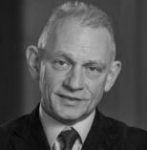 Neil Mendoza
Neil Mendoza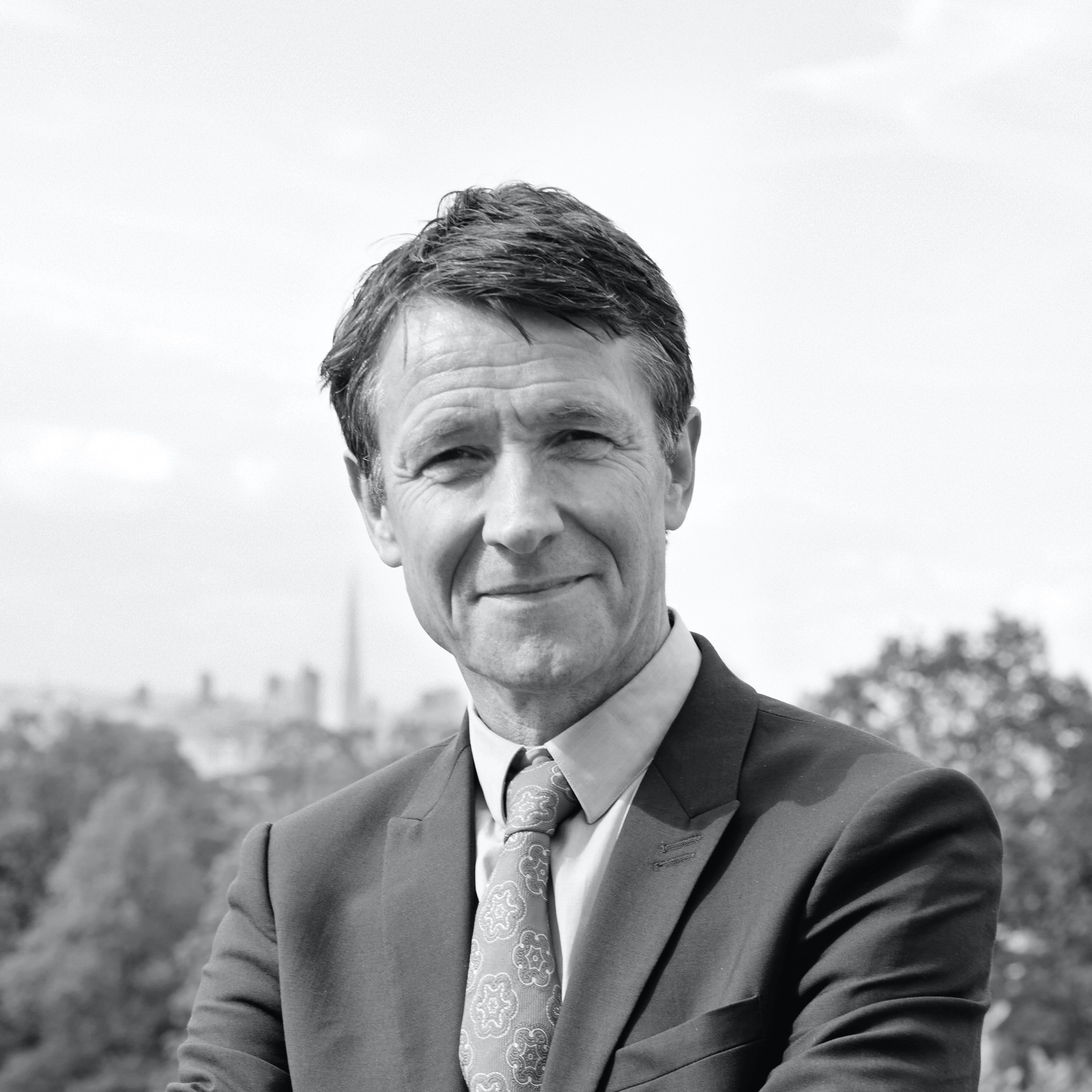 Nick Merriman
Nick Merriman Munira Mirza
Munira Mirza Abigail Morris
Abigail Morris Hugh Muir
Hugh Muir Tessa Murdoch
Tessa Murdoch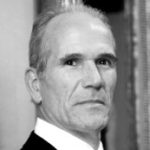 Sandy Nairne
Sandy Nairne Bushra Nasir
Bushra Nasir Susheila Nasta
Susheila Nasta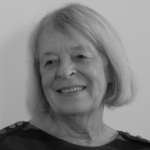 Eithne Nightingale
Eithne Nightingale John O’Farrell
John O’Farrell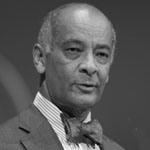 Kenneth Olisa
Kenneth Olisa Kunle Olulode
Kunle Olulode Julia Onslow-Cole
Julia Onslow-Cole John Orna-Ornstein
John Orna-Ornstein Sameer Pabari
Sameer Pabari Ruth Padel
Ruth Padel Panikos Panayi
Panikos Panayi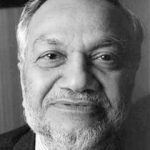 Bhikhu Parekh
Bhikhu Parekh Nikesh Patel
Nikesh Patel David Pearl
David Pearl Caryl Phillips
Caryl Phillips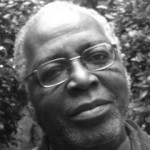 Mike Phillips
Mike Phillips Trevor Phillips
Trevor Phillips Sunand Prasad
Sunand Prasad Kavita Puri
Kavita Puri Charles Rix
Charles Rix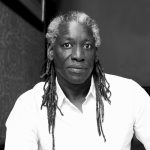 Trevor Robinson
Trevor Robinson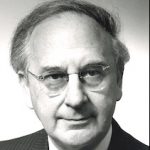 Aubrey Rose
Aubrey Rose Michael Rosen
Michael Rosen Cathy Ross
Cathy Ross Salman Rushdie
Salman Rushdie Jill Rutter
Jill Rutter Philippe Sands
Philippe Sands Sathnam Sanghera
Sathnam Sanghera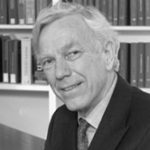 Konrad Schiemann
Konrad Schiemann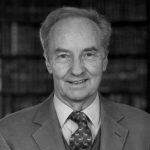 Richard Scott
Richard Scott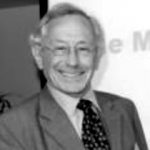 Stephen Sedley
Stephen Sedley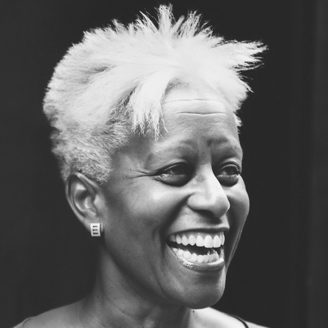 Maggie Semple
Maggie Semple Babita Sharma
Babita Sharma Nikesh Shukla
Nikesh Shukla Jon Snow
Jon Snow Sonia Solicari
Sonia Solicari Robert Soning
Robert Soning David Spence
David Spence Danny Sriskandarajah
Danny Sriskandarajah Stelio Stefanou
Stelio Stefanou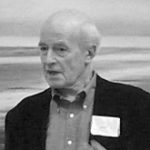 Dick Taverne
Dick Taverne Jane Thompson
Jane Thompson Robert Tombs
Robert Tombs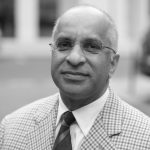 Rumi Verjee
Rumi Verjee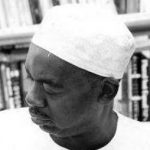 Patrick Vernon
Patrick Vernon Edmund de Waal
Edmund de Waal Iqbal Wahhab
Iqbal Wahhab Yasmin Waljee
Yasmin Waljee David Warren
David Warren Iain Watson
Iain Watson Debbie Weekes-Bernard
Debbie Weekes-Bernard Henning Wehn
Henning Wehn Nat Wei
Nat Wei Janet Whitaker
Janet Whitaker Gary Younge
Gary Younge

To understand our heritage and to celebrate the diversity which makes us what we are today is the best antidote to bigotry and prejudice, but also a positive appreciation of our internationalism and trading history.
David Blunkett
Lord Blunkett’s political career dates back to his election as a councillor in Sheffield at the age of 22, his leadership of the Council in the 1980s, and his election to Parliament in 1987. After serving on the Shadow Cabinet, he became Education and Employment Secretary in 1997, Home Secretary in 2001, and Work and Pensions Secretary in 2005. Since leaving government, in addition to completing his diaries, The Blunkett Tapes, David has undertaken a series of major pieces of work – on anti-poverty, affordable credit and social mobility – a review of the future role of the community and voluntary sector at the request of the then Prime Minister. He has chaired a major review of dedicated school transport, leading a Commission which recommended extensive changes; undertaken a review of police accountability for the Home Office which helped shape a subsequent Government White Paper; and served on the Speaker’s Conference which recommended substantial changes to improve representation in the House of Commons. As well as working on behalf of his constituency and contributing to a number of voluntary and not-for-profit organisations, David is now being a constructive thorn in the side of the coalition government. Indeed, following publication of National Volunteer Programme, a blueprint for a large-scale youth volunteering initiative, he founded the Future For Youth Foundation, a new charity that will create meaningful, supported eight-month volunteering and social action placements for young people out of work, education or training. In September 2012 he published In Defence of Politics Revisited, where he set out a range of proposals to increase faith in, and improve the working of, democratic politics. Most recently he was awarded status as an Academician of the Academy of Social Sciences.

